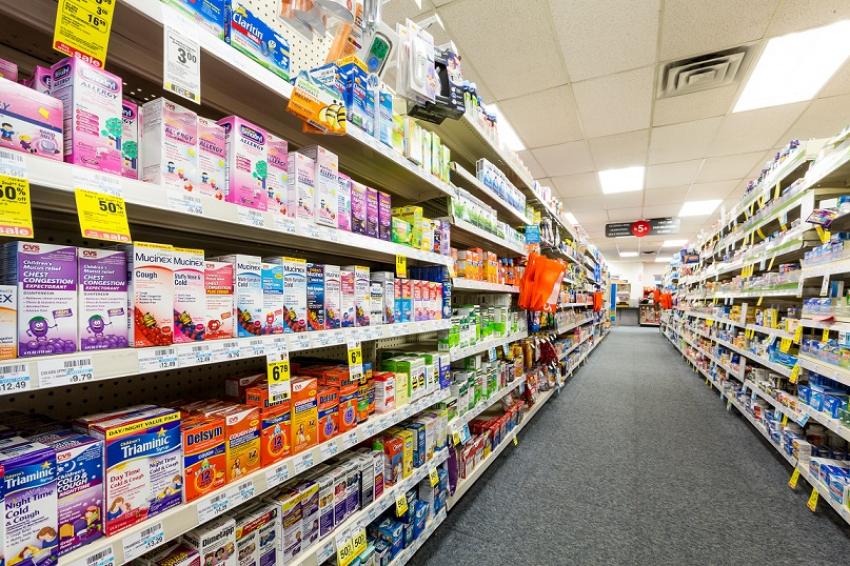Pharma Stocks Crash on Trump Pricing Hints
13.01.2017 -
American drugmakers, who had hoped US President-Elect Donald Trump would go easier on the industry than Hillary Clinton and Bernie Sanders had promised to do, received an unexpected shock on Jan. 11. On the back of remarks made by the incoming chief executive at his first press conference in five months, $25 billion was wiped off the value of the S&P 500’s top nine pharmaceutical stocks within minutes, US reports say.
The industry is “getting away with murder,” Trump asserted at the conference, while continuing to twist the knife. “Pharma has a lot of lobbies and a lot of lobbyists and a lot of power, and there’s very little bidding on drugs. We’re the largest buyer of drugs in the world (referring to the US federal government),” he said, “and yet we don’t bid properly and we’re going to start bidding and we’re going to save billions of dollars over a period of time.”
Both of Trump’s Democratic rivals had called for curbs on drug prices. During the election campaign, the Republican candidate had also dropped a few hits in that direction, saying the government should use its purchasing power to negotiate prices for its two healthcare programs, Medicare – for the elderly and disabled, and Medicaid for low-income individuals and families.
But while Democrats in Congress have traditionally called for allowing the government to negotiate prices, Republicans recently had been hinting heavily that under the new administration Washington might just look the other way.
Reports from the stock market reports said shares in Johnson & Johnson, Pfizer, Merck & Co, Amgen, AbbVie, Bristol-Myers Squibb, Gilead, Celgene and Eli Lilly fell by 1-5% on the Trump comments before rebounding slightly before closing. The Nasdaq Biotechnology Index closed trading down nearly 3%. Bristol-Myers Squibb, with a 5.3% plunge on average, is said to have been hardest hit.
In his press conference remarks, Trump also commented: “We have to get our drug industry coming back. Our drug industry has been disastrous.” Pharmaceutical companies, he said, are turning their back on the US, “right and left. They supply our drugs but they don't make them here, to a large extent.” Some observers thought the future president was referring to so-called inversions – companies moving headquarters to tax havens – but analysts noted that the industry has been relocating production of generics abroad.
Industry trade group Pharmaceutical Research and Manufacturers of America (PhRMA) reacted cautiously. "Medicines are purchased in a competitive marketplace where large, sophisticated purchasers aggressively negotiate lower prices,” its president, Stephen Ubl, said in a statement. Companies are "committed to working with President-elect Trump and Congress to improve American competitiveness and protect American jobs, ”he added.
Brent Saunders, president of Allergan, suggested his company is still betting on a pro-business agenda. Under Trump and a Republican Congress, measures such as corporate tax reform will benefit the industry, he remarked, while at the same time acknowledging that “public anger about drug prices remains a vulnerability.”
In a telephone interview with the newspaper Washington Post, Saunders repeated admonitions, increasingly also heard from other drugmakers, that companies should exercise pricing restraint to avoid a government intervention. “Unfortunately, this is what I was worried about,” Saunders said, referring to Trump’s suggestions. “It’s a complete contradiction to say the industry is getting away with murder when the industry is committed to saving and improving lives.”





